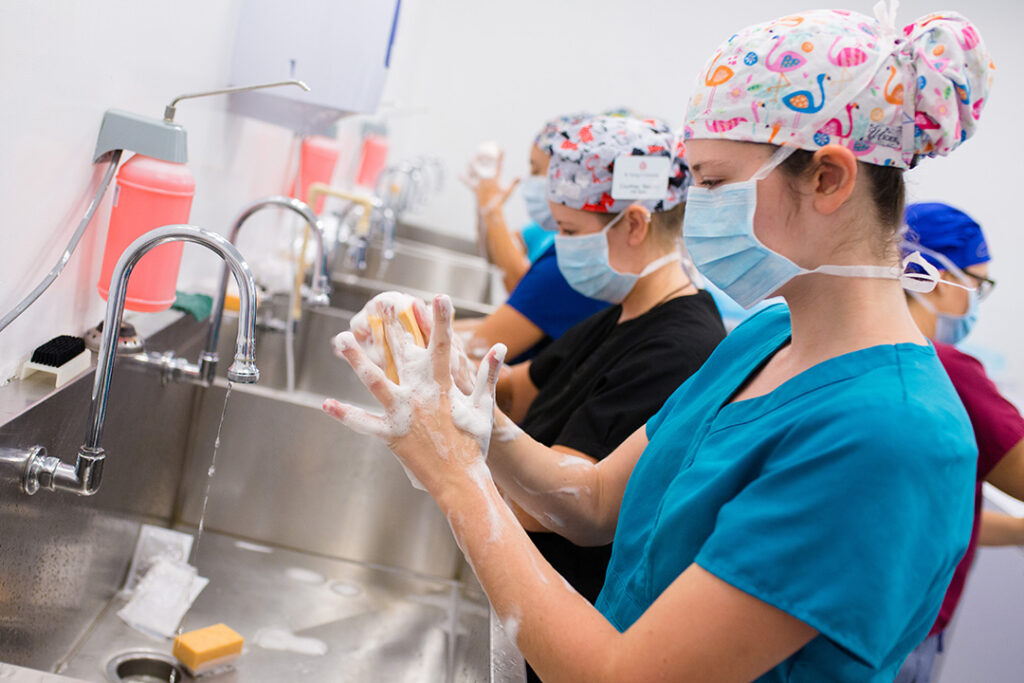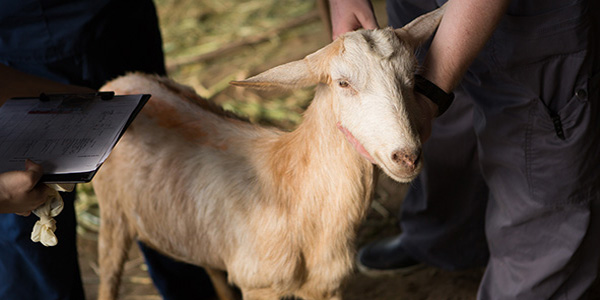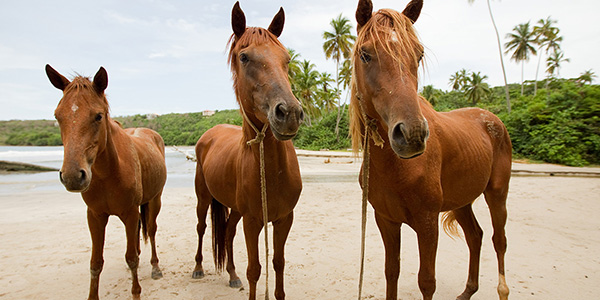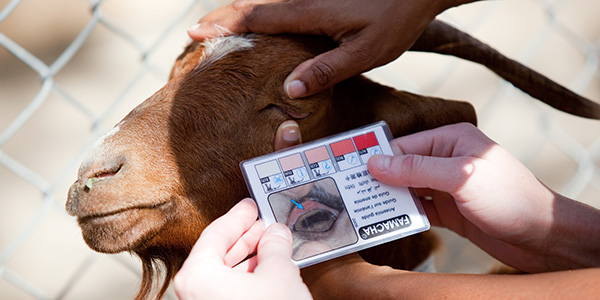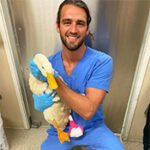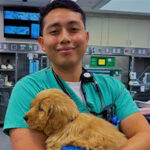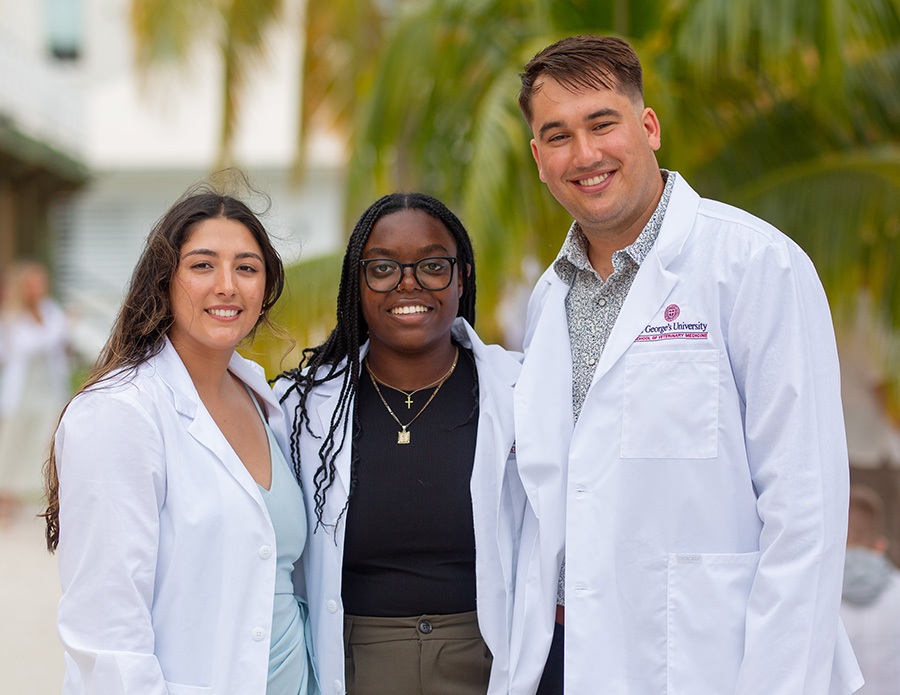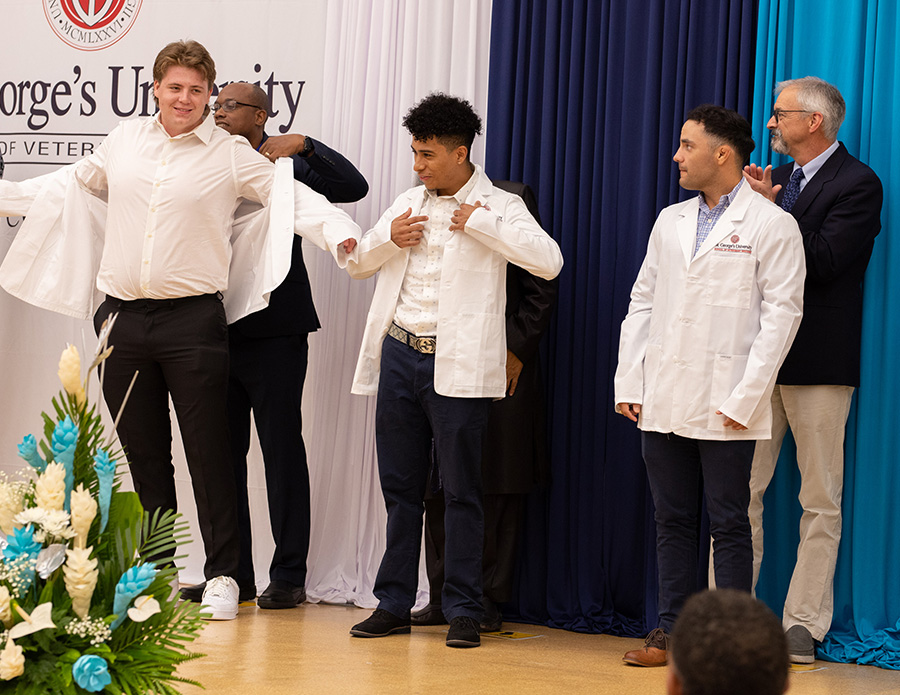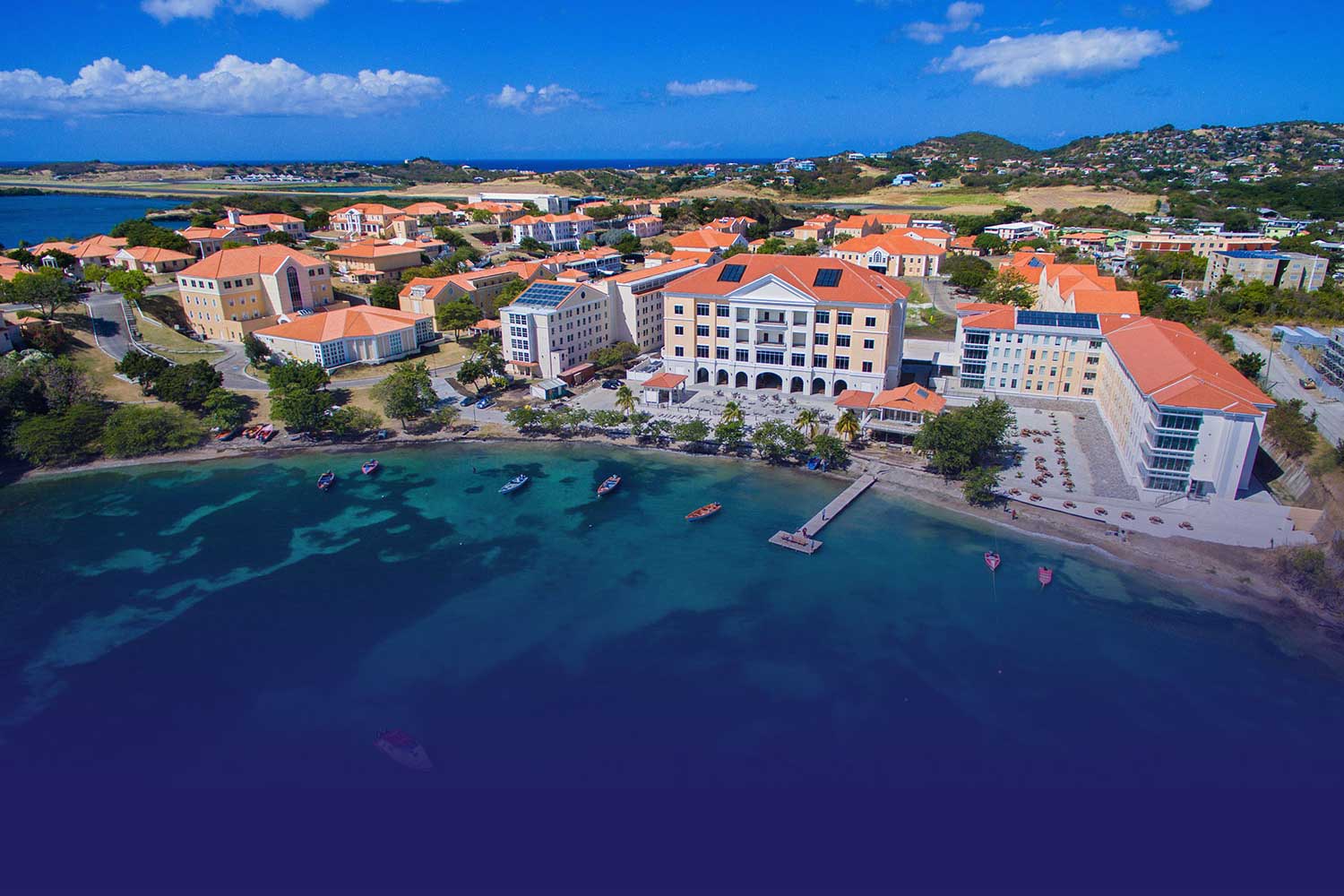Sharing your information gives you direct access to a dedicated enrollment counselor and tailored materials based on your specific interests.
“I often tell people that attending SGU SVM is indescribable, you are surrounded by a group of people from all over the world that end up becoming family, all while working together to achieve the same goal. Then you add fantastic faculty and staff who care about their students so much—attending SGU and living in Grenada is so special.”
Aaron Spacher, DVM ’19
Rochester, New York

